Table of contents
In this article, you will learn
Protein is essential for your overall health, but what happens when you don’t get enough? In this article, you’ll learn about the signs and symptoms of protein deficiency, its health impacts, the populations most at risk, and practical tips for ensuring you get enough protein.
Don’t like to read? Watch the video
Signs and Symptoms of Protein Deficiency
Recognizing the signs o f protein deficiency early can help you take steps to address it before it leads to more serious health problems.
Common Signs
- Muscle Loss: One of the most noticeable signs of protein deficiency is muscle wasting or loss of muscle mass. Without adequate protein, your body breaks down muscle tissue to meet its protein needs.
- Fatigue: Feeling unusually tired or lethargic can indicate that you’re not getting enough protein. Protein helps maintain energy levels and overall vitality.
- Hair Loss: Protein is a crucial component of hair. Inadequate protein intake can lead to thinning hair or even hair loss.
- Weakness: A lack of protein can result in general weakness and a decreased ability to perform physical tasks.
Detailed Symptoms
- Mild Deficiency: Symptoms include fatigue, irritability, and mild muscle weakness.
- Moderate Deficiency: More pronounced muscle loss, frequent infections, and slow wound healing.
- Severe Deficiency: Severe muscle wasting, edema (swelling), and significant immune system impairment.
Health Impacts of Long-Term Protein Deficiency
Long-term protein deficiency can have severe consequences on various aspects of your health.
Muscle Mass and Strength
Protein is essential for building and maintaining muscle. Without enough protein, muscle mass decreases, leading to conditions like sarcopenia, especially in older adults. This loss of muscle mass and strength can impact mobility and overall quality of life.
Immune Function
Protein plays a vital role in the immune system. Antibodies and immune system cells rely on proteins to function correctly. A protein deficiency can weaken your immune response, making you more susceptible to infections and illnesses.
Skin, Hair, and Nails
- Skin Health: Protein deficiency can lead to skin problems such as dryness, flakiness, and decreased wound healing capacity.
- Hair Health: Hair thinning, loss, and brittleness can occur due to a lack of protein.
- Nail Health: Brittle and weak nails indicate inadequate protein intake.
Overall Health and Well-being
- Mental Health: Protein deficiency can affect your mental health, leading to mood swings, depression, and anxiety.
- Energy Levels: Low protein intake can result in chronic fatigue and a general lack of energy, which can affect daily activities and productivity.
Populations at Risk of Protein Deficiency
Certain groups are more susceptible to protein deficiency and should pay extra attention to their protein intake.
Elderly
As we age, our bodies become less efficient at processing protein, and our dietary needs change. Older adults often struggle to consume enough protein, putting them at risk for muscle loss and other health issues.
Vegetarians and Vegans
Those following vegetarian or vegan diets may be at risk of protein deficiency if they do not carefully plan their meals to include adequate plant-based protein sources.
Low-Income Populations
Economic barriers can make it challenging to access high-protein foods, leading to a higher risk of protein deficiency in low-income populations. Strategies for affordable protein sources can help mitigate this risk.
Individuals with Eating Disorders
Eating disorders can significantly impact nutritional intake, including protein. It’s crucial for individuals recovering from eating disorders to receive nutritional support to ensure they meet their protein needs.
Addressing Protein Deficiency
If you suspect you’re not getting enough protein, there are several ways to address it.
Practical Tips for Increasing Protein Intake
- Incorporate High-Protein Foods: Add more protein-rich foods to your diet, such as eggs, lean meats, dairy products, beans, lentils, and nuts.
- Balanced Meals: Ensure each meal includes a source of protein to distribute your intake throughout the day.
- Protein Supplements: If you’re struggling to meet your needs through food alone, consider using protein supplements like shakes or bars.
Role of Healthcare Providers
Healthcare providers can help diagnose and treat protein deficiency.
They can offer nutritional counseling, recommend dietary changes, and, if necessary, prescribe supplements to help you meet your protein needs.
Key Takeaways
- Protein is essential for muscle maintenance, immune function, and overall health.
- Signs of protein deficiency include muscle loss, fatigue, hair loss, and weakness.
- Long-term protein deficiency can lead to severe health issues, including weakened immunity and poor mental health.
- Specific populations, such as older people, vegetarians, and low-income individuals, are at higher risk of protein deficiency.
- Practical steps to increase protein intake include incorporating high-protein foods into your diet and considering supplements if necessary.
If you have any questions or want to learn more, visit my blog and follow me on social media for more helpful guides and tools on health and wellness.
Works Cited and Relevant Links
- National Institutes of Health (NIH). Health Risks of Protein Deficiency. Retrieved from https://www.ncbi.nlm.nih.gov/pmc/articles/PMC4195740/
- World Health Organization (WHO). Protein and Amino Acid Requirements in Human Nutrition. Retrieved from https://www.who.int/nutrition/publications/nutrientrequirements/WHO_TRS_935/en/
- Mayo Clinic. Protein Deficiency: Symptoms, Causes, and Treatment. Retrieved from https://www.mayoclinic.org/healthy-lifestyle/nutrition-and-healthy-eating/expert-answers/protein-deficiency/faq-20058284
- Harvard Health. The Dangers of Protein Deficiency. Retrieved from https://www.health.harvard.edu/staying-healthy/the-dangers-of-protein-deficiency
- PubMed. Impact of Protein Deficiency on Health. Retrieved from https://pubmed.ncbi.nlm.nih.gov/28219405/
- American Journal of Clinical Nutrition. Protein Deficiency and Health Outcomes. Retrieved from https://academic.oup.com/ajcn/article/109/4/1088/5489667
- Journal of Nutrition. Effects of Protein-Energy Malnutrition. Retrieved from https://academic.oup.com/jn/article/149/6/899/5495922
This is a personal blog. I am not a doctor, fitness coach, nutritionist, or trained health professional. The information I share is based on my personal experience, self-research, and insights from working with health and wellness professionals. My content is for informational and entertainment purposes only and is not intended as health advice.
Always consult with your healthcare provider before making any significant changes to your health routines or treatments. I am not liable for any actions taken based on this information.
With that said, your well-being is my top priority. Stay healthy and take care!
Credits and Team



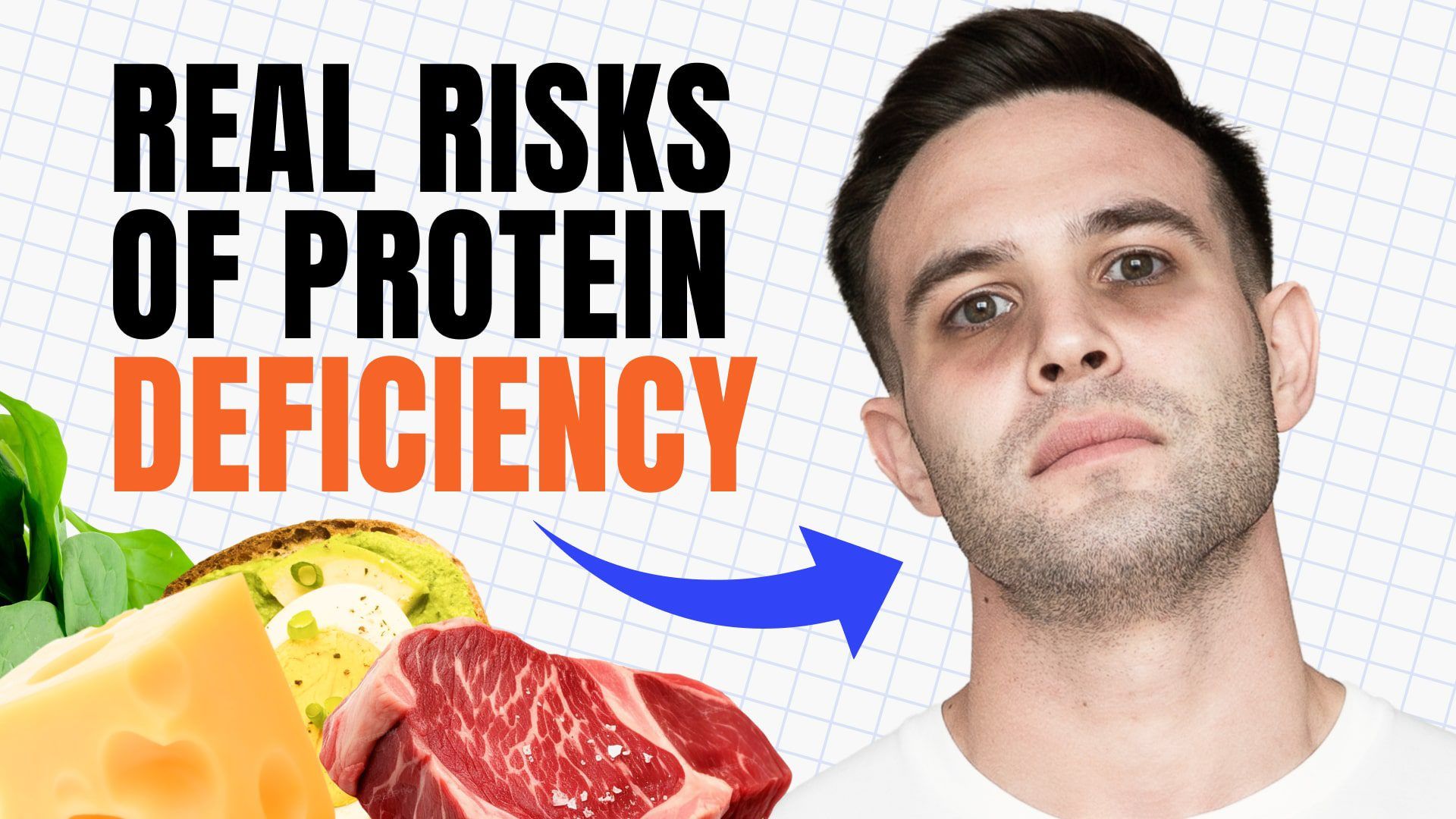








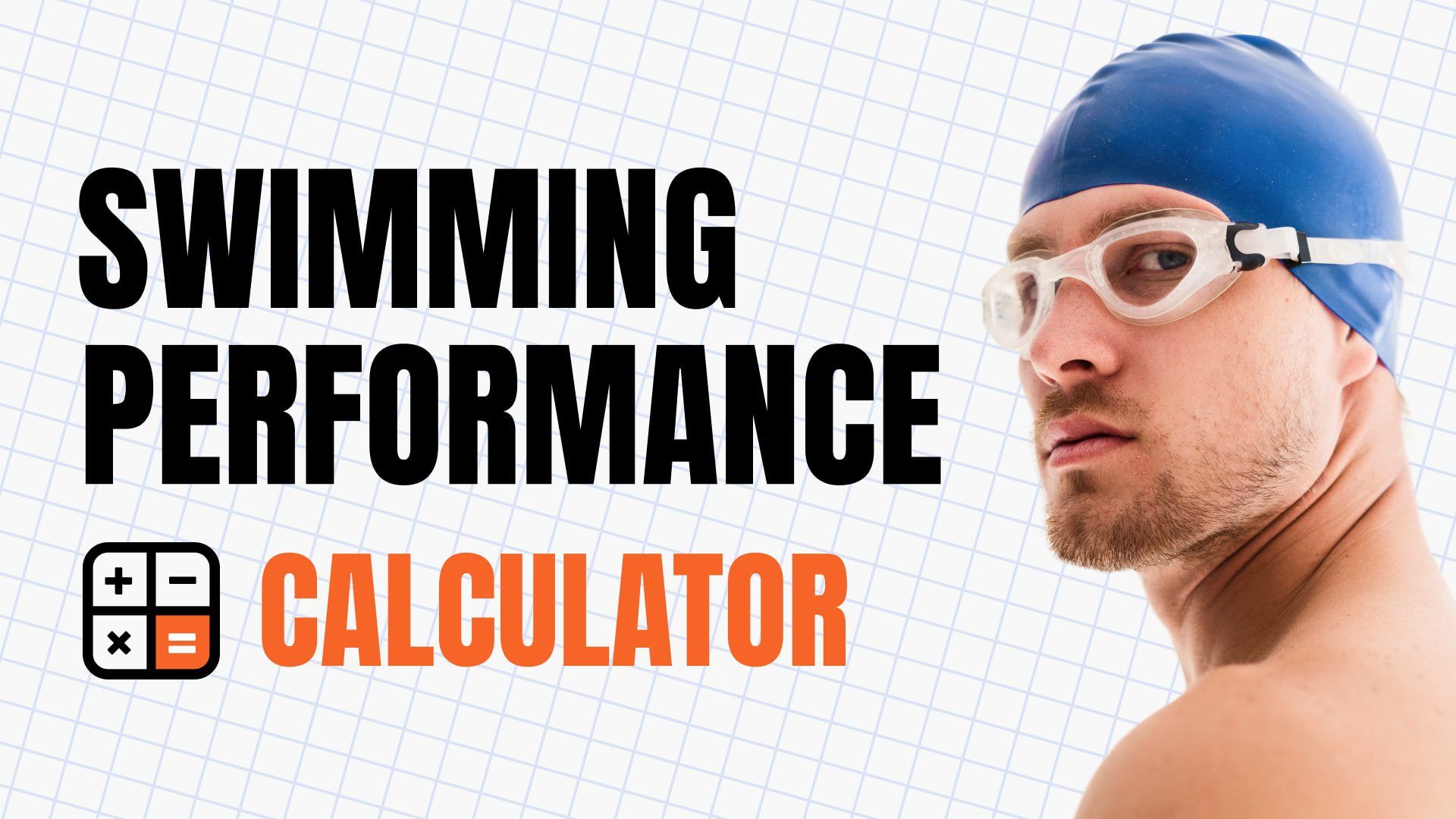
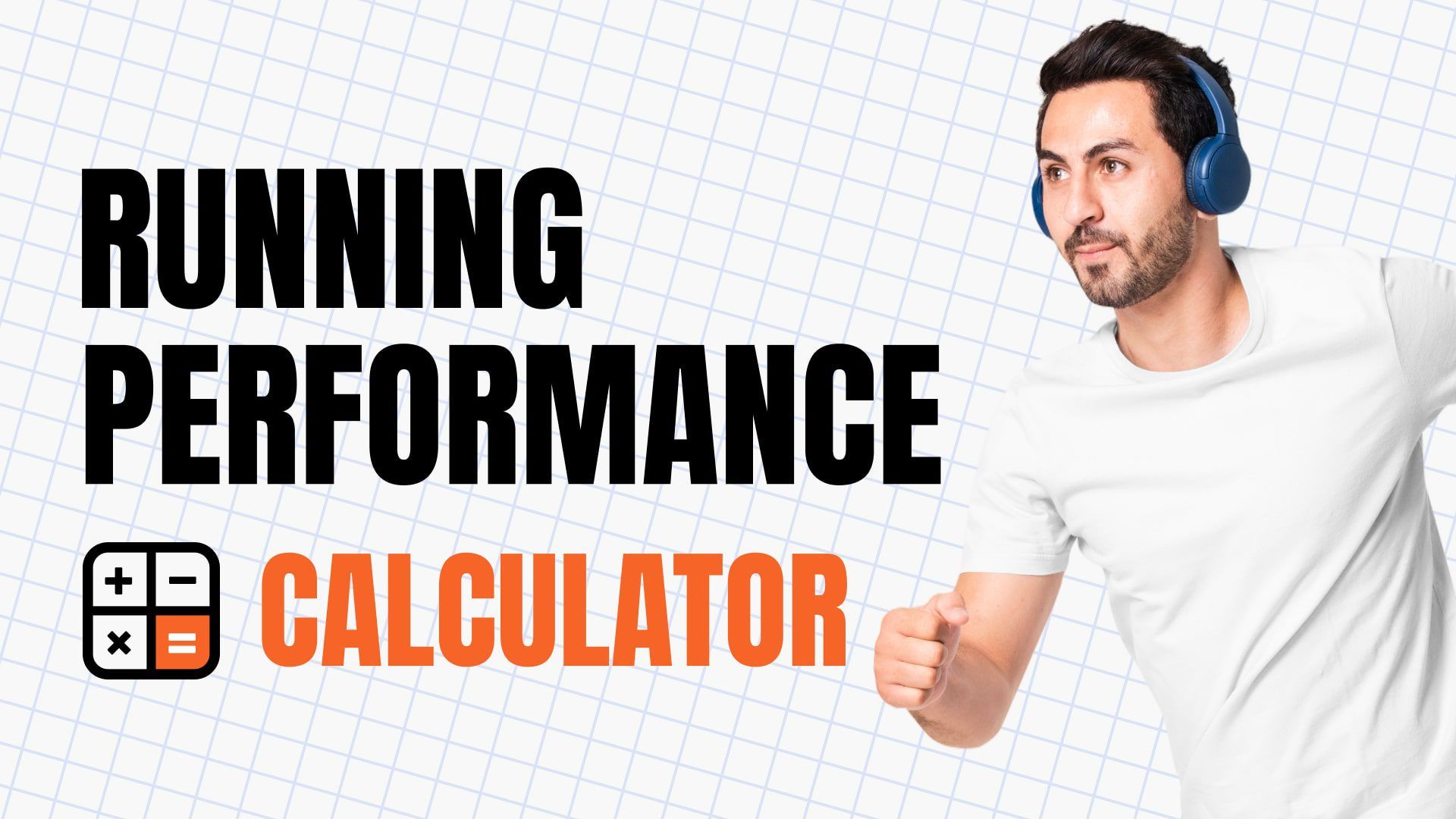
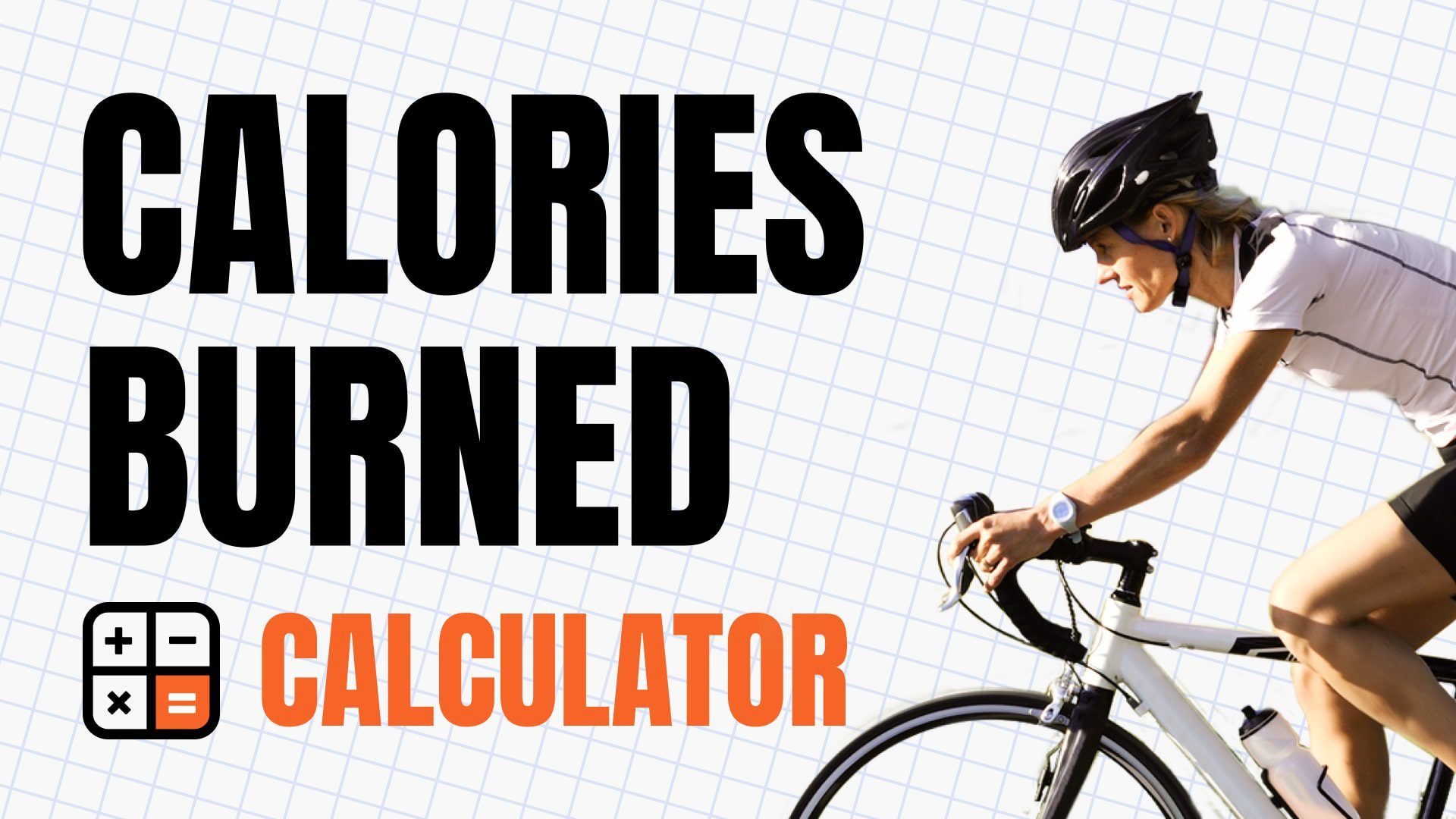
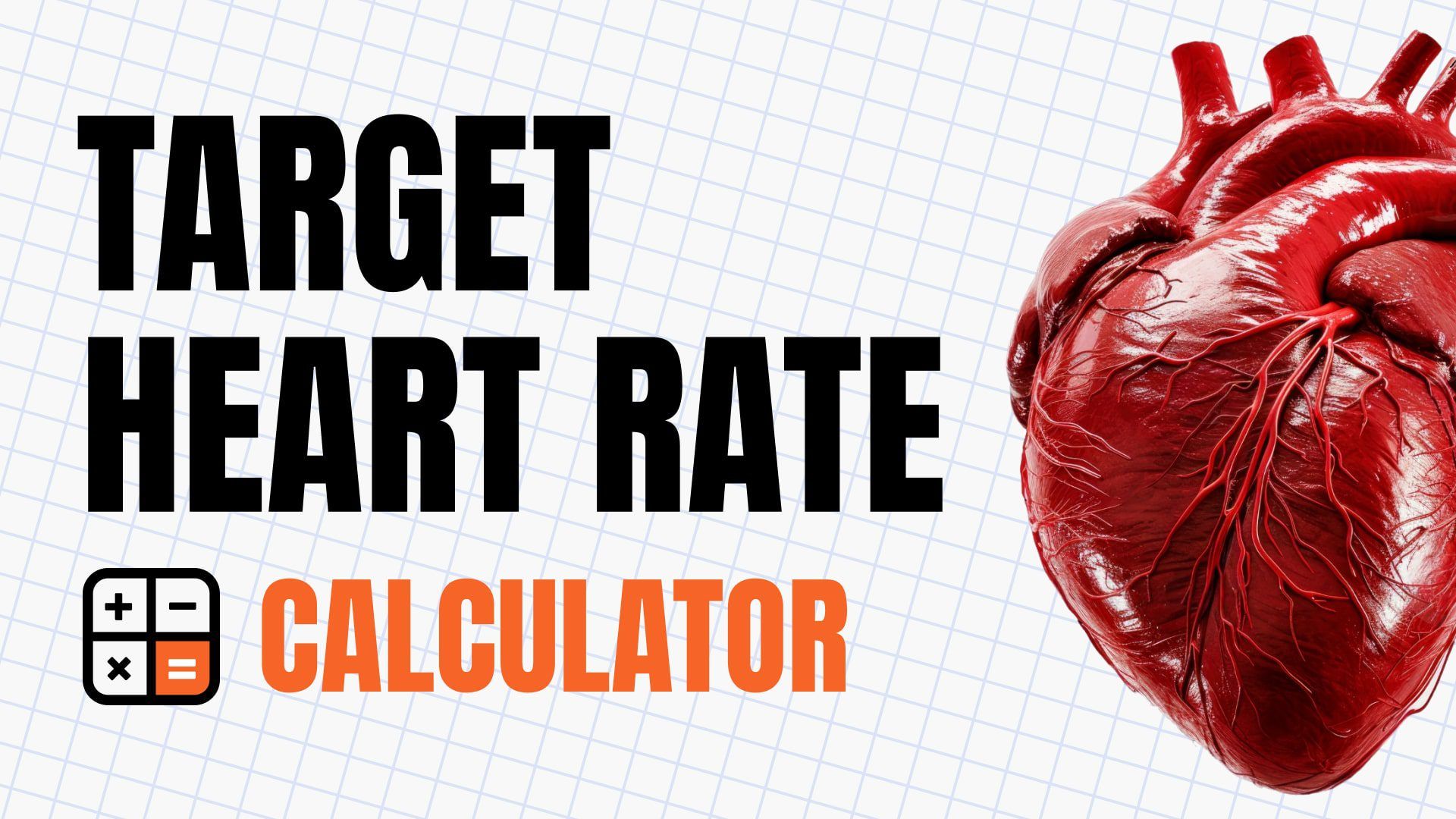

Leave a Reply